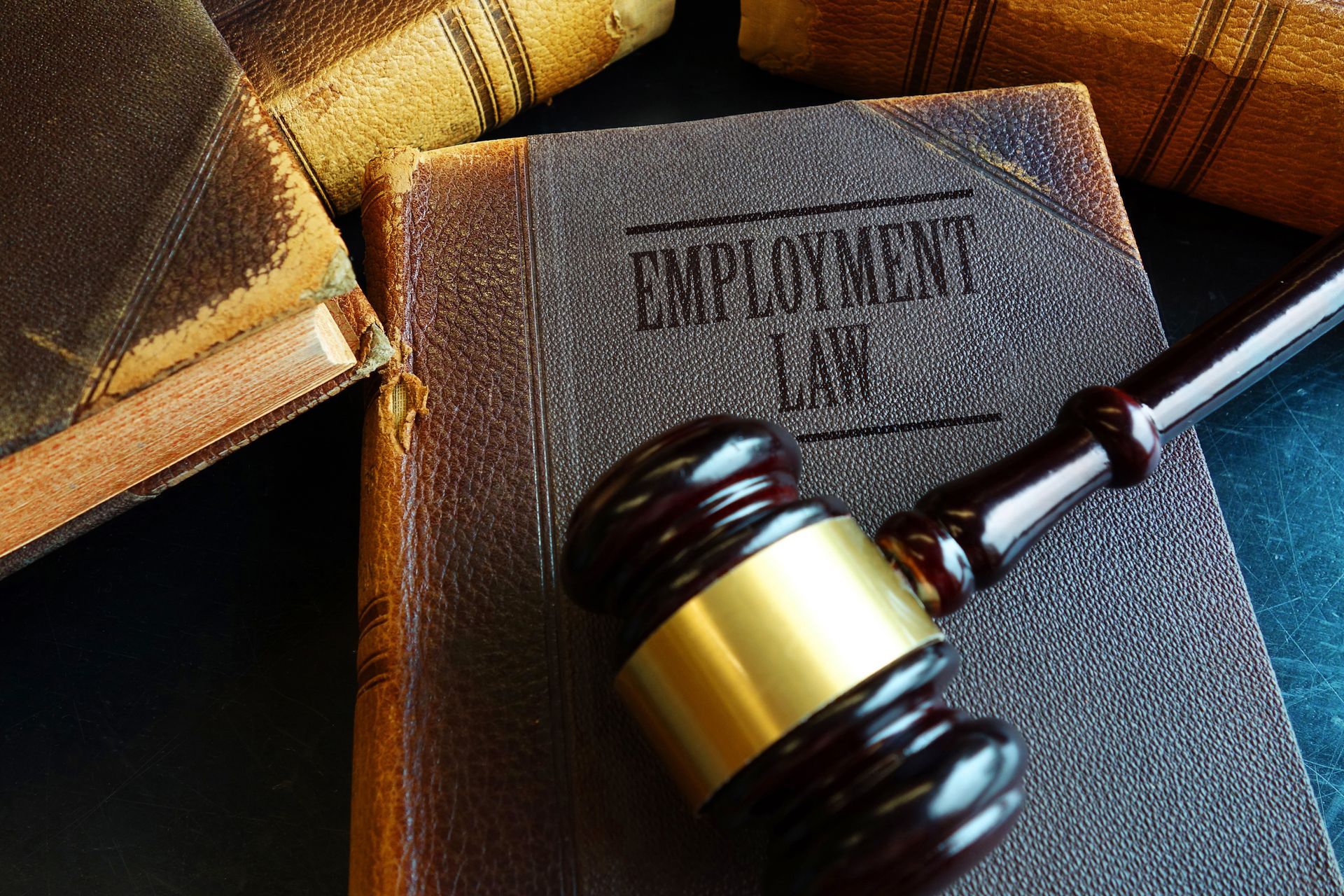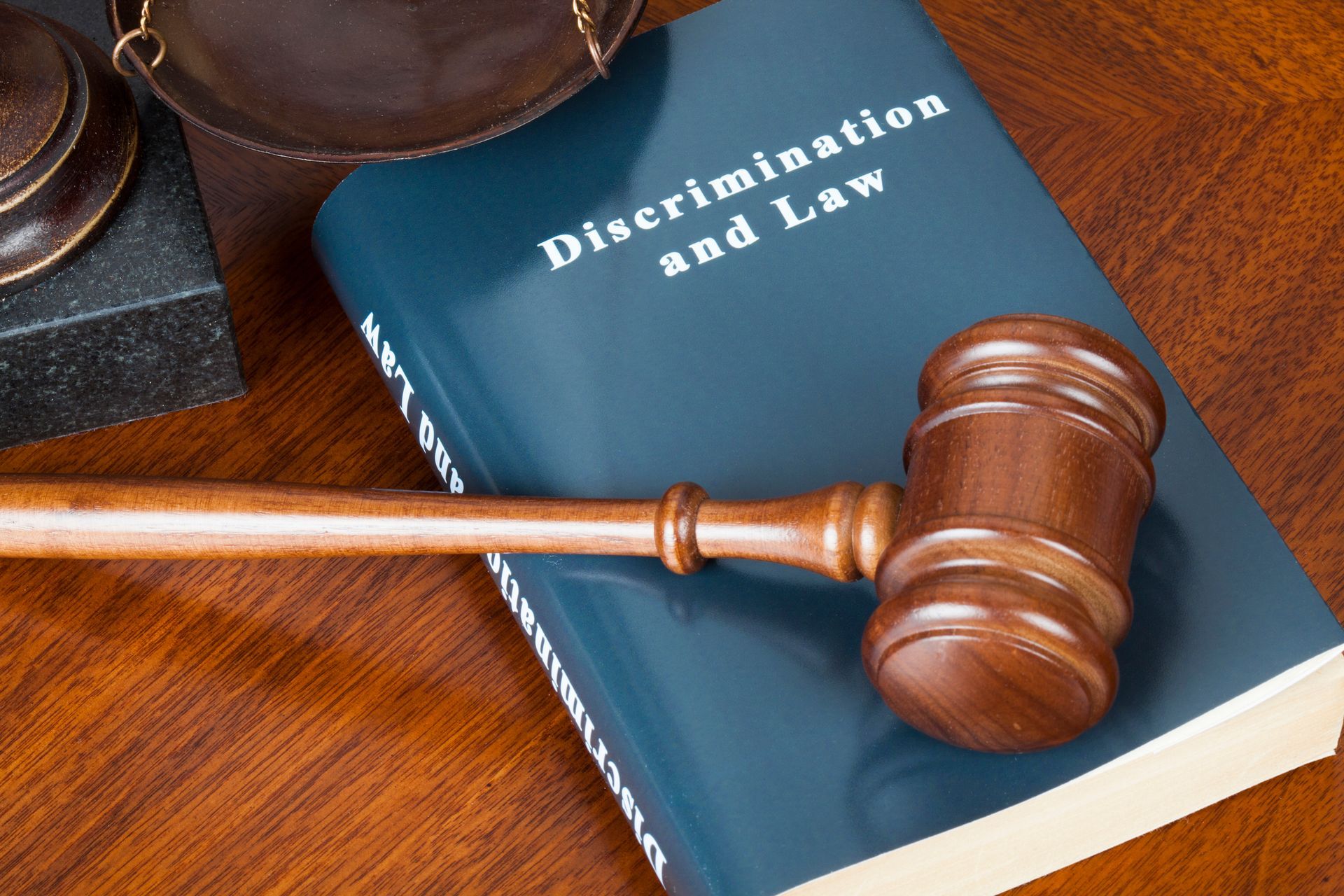Steps To Deal With Unwanted Sexual Advances at Work

Sexual harassment includes unsolicited sexual favor requests, sexual advances, and other verbal and physical acts of a sexual nature. Unwanted sexual advances affect an individual's psychological and physical well-being, and many employers educate their employees about sexual discrimination and harassment.
However, even with companies playing a crucial role in ensuring workplace sexual harassment awareness, people still experience unwanted sexual advances. So sexual harassment is not just a simple problem that you can laugh off and hope for the best. Read on to learn about some ways to deal with unwanted sexual advances and harassment.
Document the Harassment
You need to document what happens in cases of sexual harassment. Keep a journal detailing the time, date, name, and what the perpetrator did to you. Information you document may end up being useful down the line when you need to prove your case.
For example, if your supervisor makes incessant requests to take you on a date, you can email them about the issue. Let them know that you do not desire to go out on a date with them and that such actions are against company policy. Also, point out that repeated asking makes you uncomfortable. Lastly, keep any text messages they send, so you have a record of your rejecting their advances.
Speak With the Perpetrator
You should talk with the person to let them know they are making you uncomfortable. Some individuals who harass others at the workplace may genuinely not understand that you do not enjoy how they treat you or are unreceptive to their advances.
Sometimes, a private conversation with the perpetrator will make them stop because they may assume you are a soft target. But if they seem not to budge, you may have to ask them to stop in a setup with witnesses. In many cases, perpetrators may feel pressured if they are aware that other people know and are involved.
Report the Harassment
If the harassment does not stop when you confront the perpetrator, you may need to take more drastic steps, such as reporting the harassment. Read up on your company's sexual harassment policies so you know the mechanisms you should use to report complaints. Sometimes, you can go to a direct supervisor if they can effectively help you solve your problem.
However, many companies require that staff members report all forms of sexual harassment to the human resources department. Expect that the perpetrator may face retaliation once you report the issue, as the department is allowed to take action against sexual harassment by law. This may be the best direction, especially if the complaint is against a person in a position of power.
File a Complaint
You can also file a complaint about your sexual with the commission that is responsible for handling sexual harassment: the Equal Employment Opportunity Commission (EEOC). The EOCC is also responsible for handling wrongful termination and discrimination issues.
Involve a sexual harassment lawyer as early as possible. Your employer will likely pay attention to your case and not try to get you to make a settlement or fire you unfairly when they get a letter from your lawyer. If you are fired or the employer threatens to retaliate, you may have other issues to report apart from sexual harassment. Avoid waiting until you suffer some negative action to hire an attorney.
Have you experienced sexual harassment at your workplace and need a lawyer to help you navigate your case? Protect your rights best by contacting Attorney Allen D. Arnold. Mr. Allen D. Arnold is a qualified and experienced lawyer with a history of employee representation. Reach out today for a consultation.









